Blockchain technology has the potential to transform the real estate industry by increasing transparency, efficiency, and security. However, its adoption also raises several legal and regulatory considerations. Here are some key legal issues with blockchain and real estate:
- Property Ownership and Title Records: Blockchain can provide secure and tamper-proof title records. However, defining legal standards for property ownership on a blockchain and integrating these records with existing land registries is a complex challenge.
- Smart Contracts for Real Estate Transactions: Smart contracts can automate real estate transactions, including property transfers and rental agreements. However, their legal enforceability, ambiguity resolution, and adaptation to local contract laws need careful consideration.
- Cross-Border Transactions: Blockchain can facilitate cross-border real estate transactions. However, legal recognition of blockchain-based cross-border transactions and adherence to international property laws are critical.
- Data Privacy and Security: Real estate transactions involve sensitive personal and financial information. Blockchain’s transparency can conflict with data privacy laws like GDPR, necessitating a balance between transparency and data protection.
- Anti-Money Laundering (AML) and Know Your Customer (KYC): Blockchain’s pseudonymous nature can pose challenges to AML and KYC regulations. Establishing mechanisms for identifying parties involved in real estate transactions while maintaining blockchain’s privacy features is crucial.
- Fractional Ownership and Tokenization: Tokenization of real estate assets allows fractional ownership. However, regulations for real estate investment and fractional ownership, including securities laws, need to be navigated.
- Taxation: Tokenized ownership and borderless transactions may complicate tax assessments and regulations in different jurisdictions.
- Escrow and Dispute Resolution: Blockchain-based escrow services can streamline transactions. However, establishing legal mechanisms for dispute resolution, escrow management, and funds release is essential.
- Real Estate Crowdfunding: Crowdfunding real estate projects through blockchain platforms raises securities law concerns. Compliance with crowdfunding regulations and investor protections must be ensured.
- Licensing and Regulation of Real Estate Platforms: Blockchain platforms that facilitate real estate transactions may need licenses and compliance with real estate broker regulations.
- Smart Property Contracts: The concept of smart property, where property rights are coded into blockchain-based tokens, raises questions about legal recognition and enforcement of these digital rights.
- Liability and Errors: Blockchain’s immutability raises questions about correcting errors or fraudulent entries in property records. Balancing immutability with the ability to rectify mistakes or fraud is a challenge.
- Token Standards and Interoperability: Standardization of real estate tokens is crucial for interoperability across different platforms and exchanges. Ensuring legal consistency with these standards is important.
- Regulatory Changes: The legal landscape for real estate varies widely across jurisdictions and is subject to frequent changes. Blockchain platforms need to adapt to evolving regulations.
- Intellectual Property: Blockchain solutions for real estate may involve intellectual property rights. Ensuring legal clarity on ownership, licensing, and use of real estate blockchain technologies is necessary.
Given the complexity of the real estate industry and the potential impact of blockchain, collaboration between legal experts, real estate professionals, and blockchain developers is essential to ensure that legal frameworks evolve in parallel with technological advancements.
